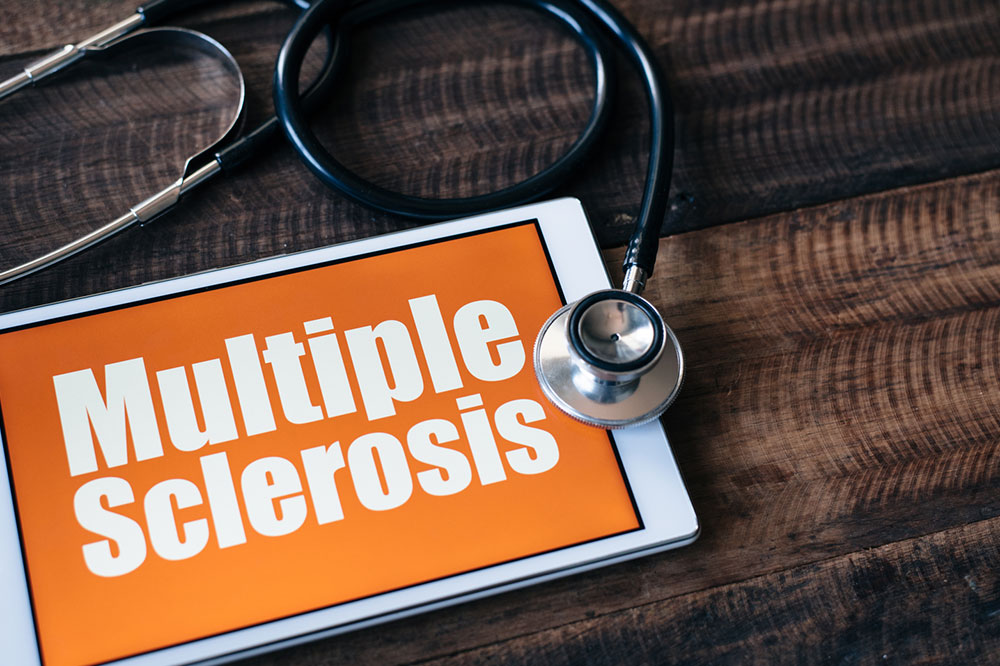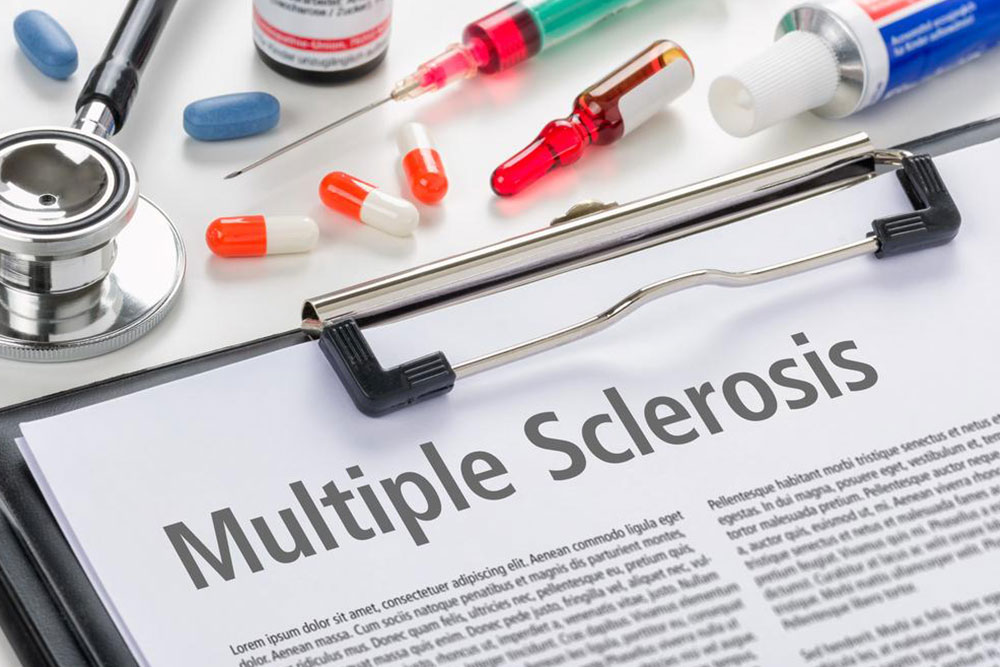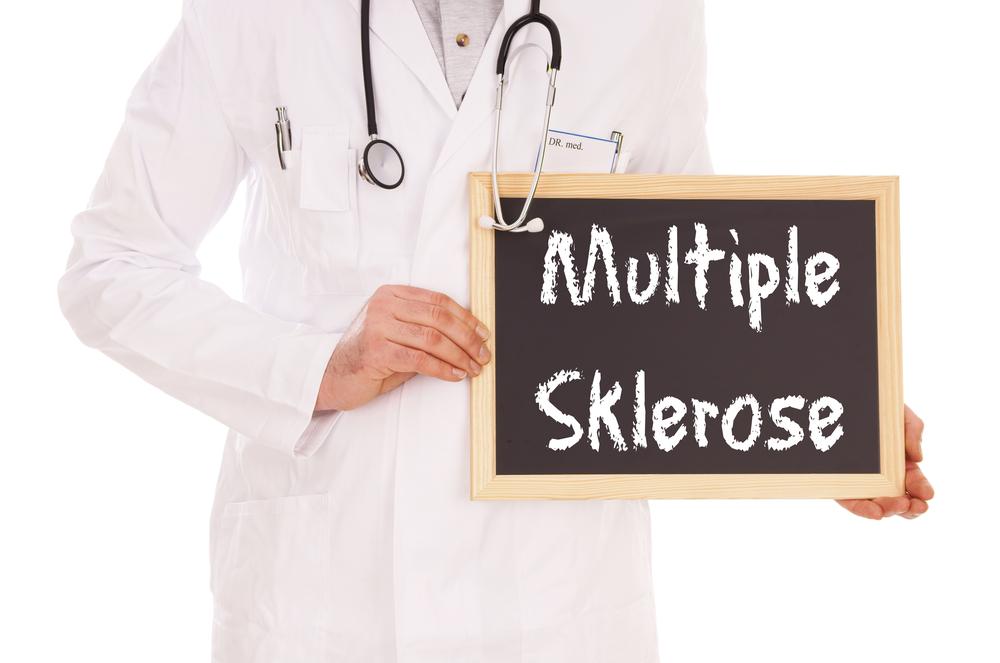Managing and Treating Multiple Sclerosis Effectively
This article offers a comprehensive overview of managing multiple sclerosis, detailing both medication-based and lifestyle strategies to address symptoms and improve patient well-being. It emphasizes the importance of a multidisciplinary approach including medical, physiotherapy, and psychological support to enhance quality of life for MS patients.

Managing and Treating Multiple Sclerosis Effectively
Multiple sclerosis (MS) impacts various facets of a patient’s life, often leading to a diminished quality of life. The disease causes multi-systemic complications that require comprehensive management strategies.
Common MS Complications Include:
Persistent tremors and depression
Muscle spasms and heat sensitivity
Chronic pain and sexual health issues
Bladder issues and fatigue
Urinary infections and cognitive challenges
Constipation and fecal incontinence
Here, we highlight both pharmacological and non-pharmacological approaches to manage these symptoms.
Tremor management: Tremors are frequent in MS, controlled through devices like weighted gloves, deep brain stimulation, or thalamic surgery. Medications such as Clonazepam, Mysoline, Ondansetron, and Propranolol may also help.
Muscle spasticity: Encouraging regular stretching, physiotherapy, and occupational therapy are beneficial. Medications like Diazepam, Baclofen, Dantrolene, and Tizanidine are used to relax muscles.
Chronic pain: Managed with anticonvulsants like gabapentin, tricyclic antidepressants, or anti-arrhythmic drugs such as phenytoin and carbamazepine.
Bladder issues: Managed by limiting evening fluid intake, bladder training, pelvic exercises, and medications like oxybutynin or propantheline bromide. To prevent infections, patients are advised to drink acidic fluids, and antibiotics or catheterization may be necessary.
Constipation and incontinence: Increasing fiber, fluids, and using stool softeners or laxatives help with constipation. Adjusting fiber intake may alleviate fecal incontinence.
Depression: Addressed through counseling, psychotherapy, and support groups. Medications such as Fluoxetine, Sertraline, and Amitriptyline are prescribed.
Heat sensitivity: Managed by avoiding heat, using ice packs, and maintaining a cool environment.
Sexual dysfunction: Treated with lubricants, sexual aids, and medications like sildenafil.
Fatigue: Managed by assistance at home and stimulant medications like methylphenidate.
Cognitive issues: Medications such as Donepezil may improve memory and focus.
Many MS patients face permanent disabilities, requiring social support and rehabilitation from occupational and psychological therapists to enhance independence and quality of life.










